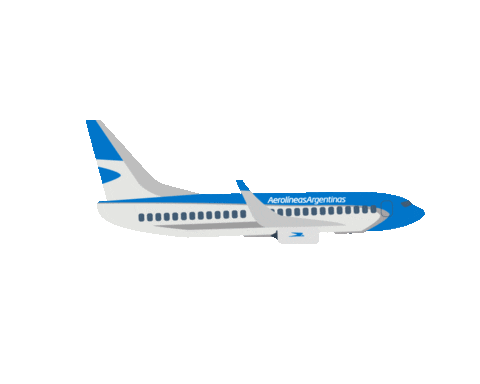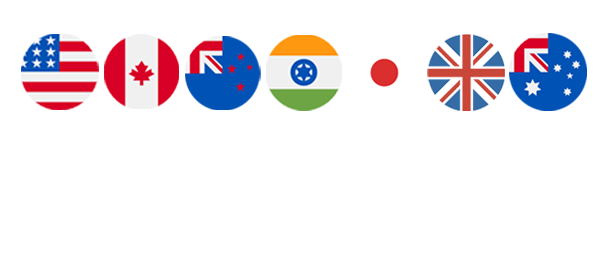

Study in Canada would be a beautiful experience for anyone, literally, since Canada is ranked as the BEST PLACE in the world to LIVE. Because of its access to education, high life expectancy and low crime rates, Canada is a very attractive destination for students throughout the world.
Of more attraction to Nepalese students is the fact that Canada welcomes immigrants with open arms. Thus, those who complete their education can decide upon staying back and complete the immigration process to enjoy the best life in the world! As a country of immigrants, Canada places a high-demand on multicultural diversity.
Moreover, Canadian education costs are relatively cheaper than US and other countries – by at least 30%. Coupled with its low cost of living, Canada is one of the best destinations for international students.
Canada is a bilingual country with two official languages – English and French. Most of the French-speaking inhabitants live in Quebec. However, almost all non-Quebec based universities offer education instruction in English only.
The education system in Canada encompasses both publicly-funded and private schools, including: community colleges / technical institutes, career colleges, language schools, secondary schools, summer camps, universities and university colleges. Canadian universities are largely public funded and as a result, are of a consistently high quality, regardless of location or area of study. At the same time, they (the universities) retain a high degree of academic autonomy.
Education is a provincial responsibility under the Canadian constitution, which means there are significant differences between the education systems of the different provinces. However, education is important to Canadians, and standards across the country are uniformly high.
Once students complete elementary school which is up to 8th standard, they would take up High school education comprising of classes 9thto 12th.
There are more than 175 post-secondary institutions that offer various programs such as Certificate, Diploma and Bachelor’s, including vocational and adult-education. These institutions are known as Community colleges, Technical Institute, University Colleges. All these colleges are members of the Association of Canadian Community colleges.
Undergraduate programs are of 4 years duration, except in Ontario, where there is three-year Bachelor degrees and three-year Master’s degrees. In the other parts of Canada, post-graduate programs (Master’s) are of two years duration.
A degree form a Canadian university is recognized world-wide and as a result, international students who graduate from Canadian universities enjoy successful and prosperous careers.
Education institutions are not officially ranked in Canada, but you will find quality institutions across the country. When choosing your school in Canada, consider the type, size and location of the institution. If you are interested in a particular area of study, investigate which schools have more to offer in that discipline.
St. Xavier gamut of services provide total assistance and guidance about the Canada education system, studying at all levels in your country of choice and plan your total process, right from pre-application to visa, in a professional and result-oriented manner.
Admission requirements vary from one university to another. However, as a general rule, Canadian institutions prefer applicants with very good academic background and decent scores in TOEFL or IELTS for admission. A four-year Bachelor’s degree is required for admission into M.S/MBA programs, with a minimum of mid-B grades (around 70%).
For those with a three-year degree, admission into PG diploma program is possible with a minimum score of around 240 in TOEFL.
PhD programs generally require five years to complete full-time. They usually require a combination of course work, original research and a thesis, which must be defended by oral examination.
One important factor is time. It takes at least one year for the whole admission process to be completed. Most institutions have a January deadline for September intake. Hence, it would be in your best interest to apply at least one year before the start of semester.
Main intake every year commences in September and ends in May. Some universities that run on the semester system conducts courses even in the Summer, and have intake in January (winter)
June to August is the period of vacation.
All the programs in all fields of specialization are available for study in Canadian institutions at all levels.
Canadian colleges and universities accept either TOEFL or IELTS scores as proof of English proficiency. Depending upon the institution, the score requirements may vary – between 213-250 for TOEFL and 5.5 –7.5 bands in IELTS.
GRE is required for Master’s level admission, and some universities and programs may need a good score in the Subject Test too. However, for MBA admission, good score in GMAT is essential, in addition to academic performance, other tests’ scores and requirements as prescribed by the B schools individually.
Studying in Canada is not free, but it is affordable. The average cost for a foreign student for one school year (8 months) in an Arts & Science program is C$ 11,903.
For accommodation, students have a number of options available that can be on-campus or off-campus such as hostels, rented housing, home stay etc.
Cost of living for students in Canada would be between Can.$ 8,000-12,000, depending upon the location of their residence.
There are limited scholarships available in Canada. They rarely cover the full cost of a study program and they are not always easy to find. Scholarships to international students are available at some Canadian institutions for students with exceptional results. The amount awarded varies from one institution to another and usually covers only part of a student’s education and living expenses. The calendar of each university in Canada includes a complete and detailed list of the scholarships it administers. This information is usually available on school web sites as well. Obtaining a scholarship is very competitive and applications must be made directly to each university along with the application for admission. Community and Career Colleges do not usually award scholarships nor do school boards or most private schools.
There are various organizations within Canada that administer scholarship programs in various countries but they are usually for graduate students and professors who are studying or researching a specific subject; Canadian studies are a typical area for which scholarships are awarded. Students should also check within their home country through public and private organizations for any financial assistance they may provide to.
Full-time students registered in a degree or diploma-granting course are allowed to work on the campus of the institution at which they are registered without the need for an employment authorization. This includes on-campus employment for graduate, teaching or research assistants.
Spouses of full-time students are eligible for open or open/restricted employment authorization, depending on medical requirements having been met.
Students whose intended employment forms an integral part of their course of study such as undergraduate co-op programs, some programs offered by career colleges or language schools and some high school programs.
Feb/May/July/October
10+2 passed
Above 5.5 on IELTS, Above 65 on IBT TOEFL







